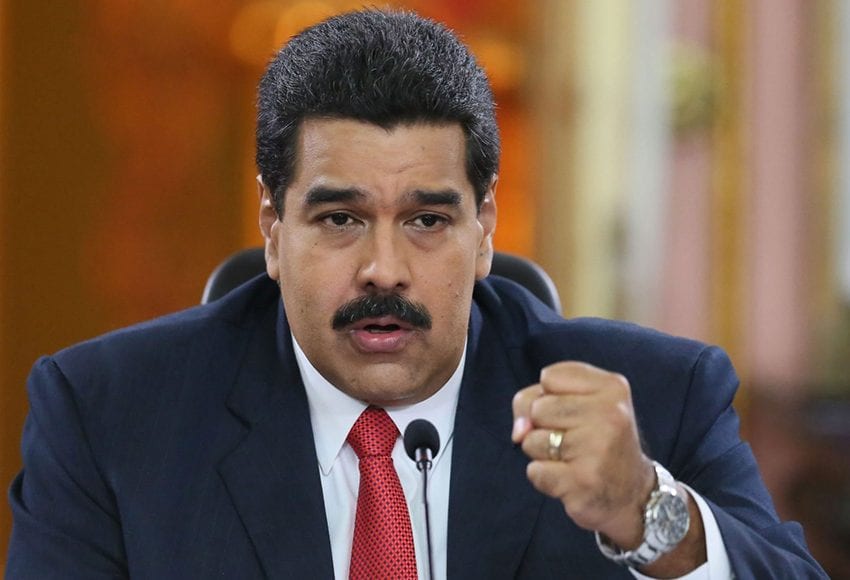(OilPrice) While analyst estimates and official figures show that Venezuela’s crude oil production continues to plummet amid a severe economic crisis and cash crunch, Venezuelan President Nicolas Maduro—true to his rhetoric–said on Thursday that the country’s oil production had increased by 250,000 bpd at the beginning of this year.
According to OPEC’s Monthly Oil Market Report published earlier this week, secondary sources—the ones the cartel uses to monitor compliance and official stats—pegged Venezuela’s crude oil production in January 2018 at 1.600 million bpd, down by 47,300 bpd compared to December 2017. This was the largest monthly decline in oil production among OPEC’s 14 member states.
Venezuela, allowed to pump as much as 1.972 million bpd under the deal, surely did not make that cut voluntarily—its economy is collapsing and oil production has been in freefall for months now. Barclays, for example, predicts that Venezuela’s production will drop to 1.43 million bpd this year.
OPEC’s secondary sources’ estimate is lower than last week’s survey by one of those sources—S&P Global Platts—which had estimated that Venezuela’s production fell to 1.64 million bpd in January.
Venezuela, for its part, self-reported to OPEC that its oil production last month increased by 148,300 bpd over December to 1.769 million bpd. Now Venezuela’s Maduro—who will seek re-election in April—has upped that figure to claim that his country lifted oil production by 250,000 bpd at the beginning of the year.
The claims by Maduro and the figures that Venezuela directly communicated to OPEC are in tune with earlier claims from this year, by oil minister Manuel Quevedo, who said last month that Venezuela “can easily manage” an oil production increase of 1 million bpd this year to lift its production capacity to 2.472 million bpd.
This increase looks hardly manageable, especially after recent media reports that Venezuela’s state oil firm PDVSA is losing workers by the thousands, with as many as 10,000 leaving the company in just one week of January, in protests against low wages and the growing risk of accidents due to lack of equipment maintenance. The situation, according to Univision, has escalated to such an extent that PDVSA’s board of directors has stopped accepting letters of resignation.



